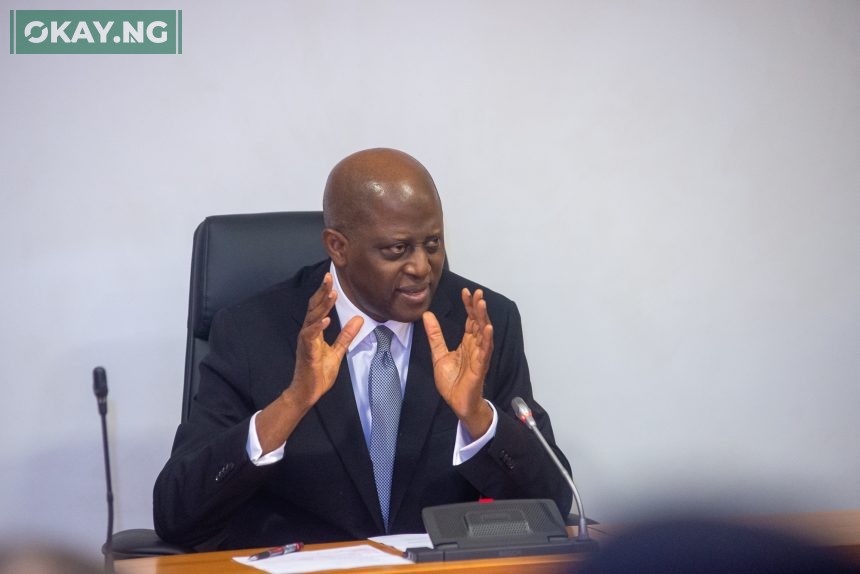The Governor of the Central Bank of Nigeria (CBN), Olayemi Cardoso, has revealed that the federal government lost approximately ₦6.2 trillion to foreign exchange (FX) subsidies in 2022, significantly surpassing the ₦4.5 trillion spent on fuel subsidies during the same period.
Cardoso made the disclosure during the 59th Annual Bankers Dinner organized by the Chartered Institute of Bankers of Nigeria (CIBN) in Lagos.
He emphasized that the financial burden of FX subsidies has been a larger strain on Nigeria’s revenue than fuel subsidies in recent years.
“In 2022 alone, the potential total revenue lost due to a less reflective FX regime is approximately ₦6.2 trillion compared to ₦4.5 trillion from fuel subsidies,” Cardoso stated.
“We have all been complaining about the loss of government revenue from fuel subsidies, yet the loss from the past FX subsidy regime far exceeds that of fuel. The real elephant in the room is the losses from the FX regime.”
The FX subsidy regime, which kept the naira artificially pegged at a lower exchange rate, has long been a source of debate regarding its impact on Nigeria’s economy.
In June 2023, the federal government implemented a naira float and removed the fuel subsidy, two major policy shifts aimed at stabilizing the economy.
However, these measures resulted in significant ripple effects, with inflation rising to 33.88 percent and the exchange rate hitting ₦1,672.69 per dollar compared to 22.41 percent inflation and ₦463 per dollar between May and June 2023.












